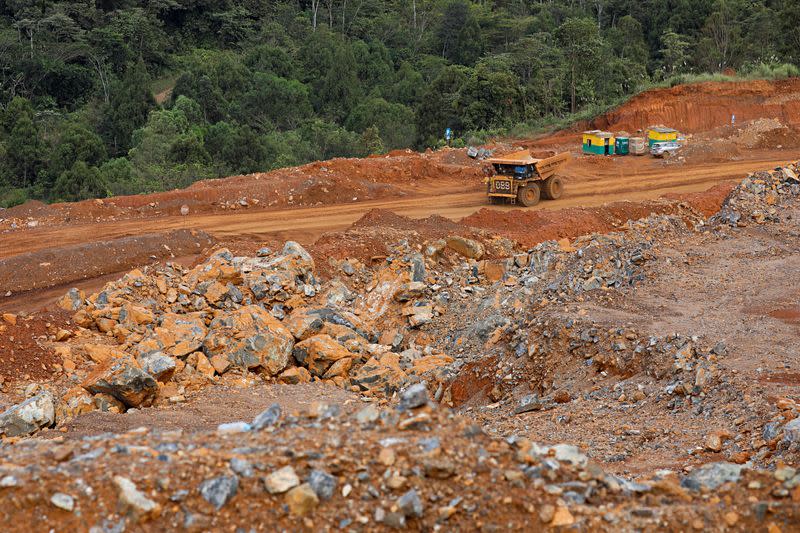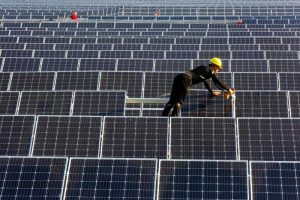Investment in critical minerals and energy transition projects is being held back by uncertainty over government commitment to zero-carbon goals.
Global economies are looking to turn away from using fossil fuels – with lithium, cobalt and copper the new ‘coal’ – but delays in state legislation to speed up the energy transition is impacting investment in minerals projects.
Doubts over consumer demand for EVs is also acting as a disincentive, industry players said at the World Materials Forum in Paris last week, who say the switch is inevitable but that there has been pushback on the timeline.
Both the European Union and 12 US states say they aim to ban new petrol car sales by 2035, but now face obstacles to reaching those targets.
“I think there is a lot of doubt right now that this will happen,” Mathias Miedreich, former CEO of Belgium recycling and battery materials group Umicore, told the conference. “That makes it very difficult to invest.”
In May Miedreich stepped down from Umicore, which lowered its 2024 profit forecast the following month due to weak demand projections for battery materials as a result of a slowing EV market.
Also on AF: Thai Economy Rocked by Factory Closures, Cheap Chinese Imports
Sales of new battery-electric cars in the EU dropped 12% in May from a year earlier.
“Financing was not a big issue a few years ago,” said Stephane Michel, president of TotalEnergies Gas, Renewables & Power unit. “You can still find capital now, but you have to have the right project.”
TotalEnergies is part of the ACC EV battery joint venture including automakers Stellantis and Mercedes, which last month paused plans for German and Italian plants.
An executive with a major European chemicals group that supplies battery materials said many companies are assuming that there will be a delay of about two years in the energy transition with 2030 projections now being moved back to 2032.
“That’s the view now, but it could change and be more serious, it’s hard to say,” the executive told Reuters, declining to be named because he was not authorised to speak to the media.
An executive of a global company involved in EV battery materials said demand for critical materials in China and Asia was holding up better than in the Europe and the United States.
“The question is where do we put our next capacity. You have to be very agile, the market is moving very fast,” he said.
- Reuters with additional editing by Sean O’Meara
Read more:
China’s New Rare Earth Rules Seek Product Traceability Details
Vast Amount of Rare Metals Found Off Remote Japanese Isle
Chinese PM’s Australian Tour Highlights Critical Minerals Race
China Curbs The Export of Rare Earths Processing Technology
























